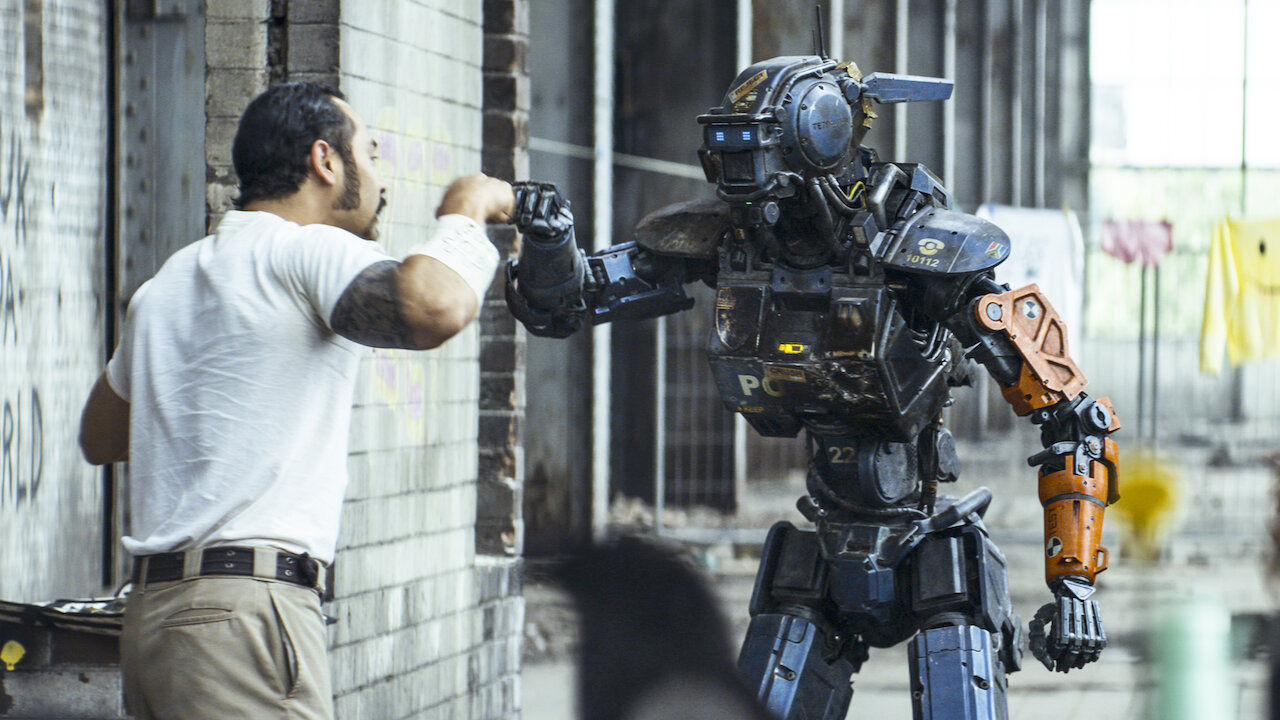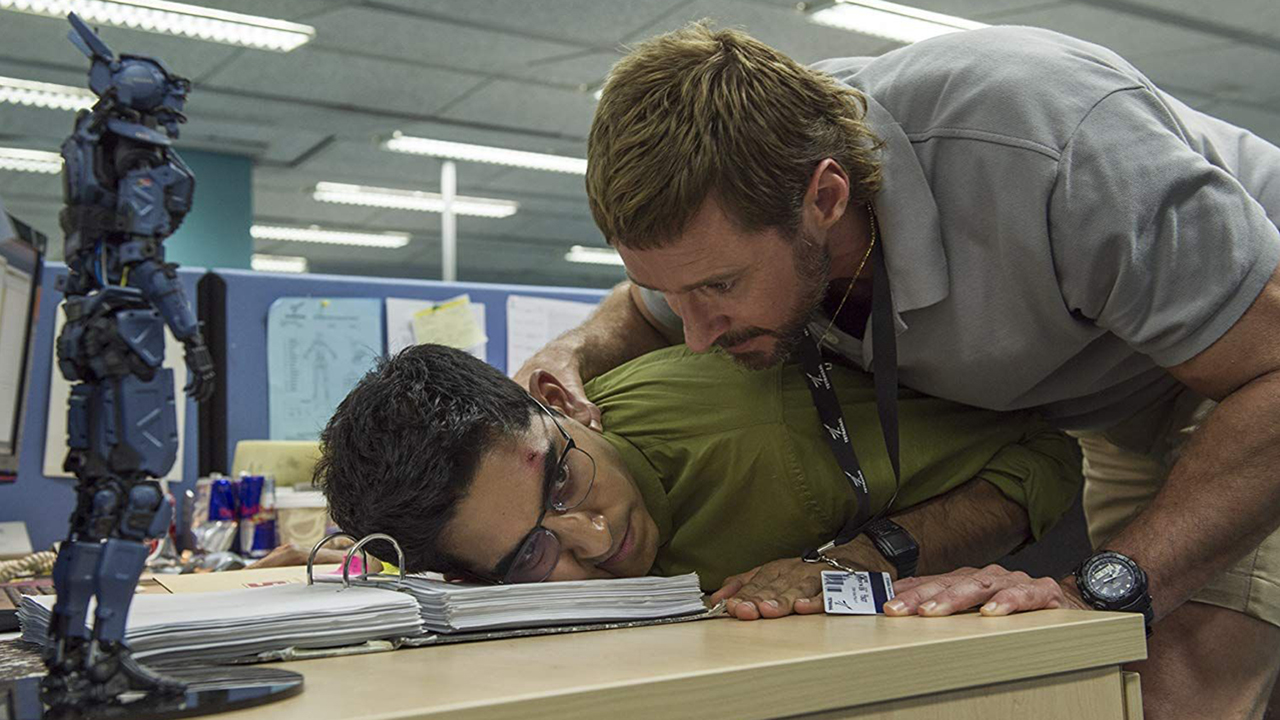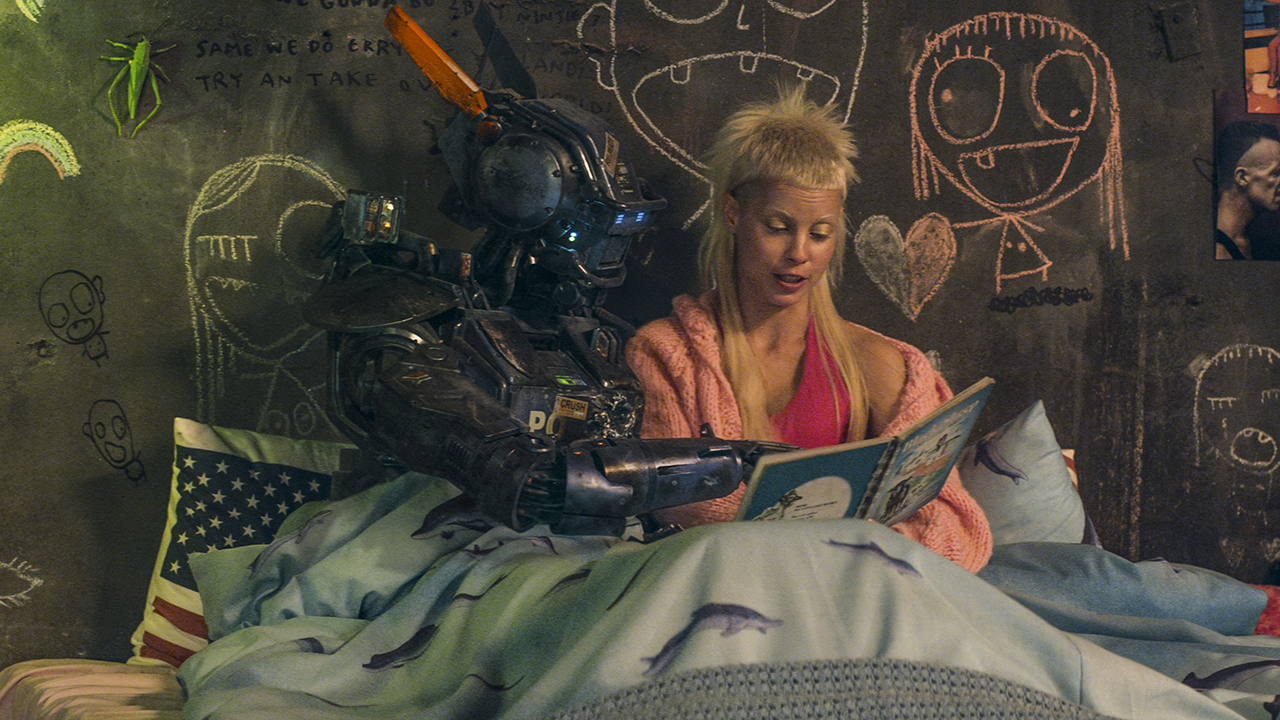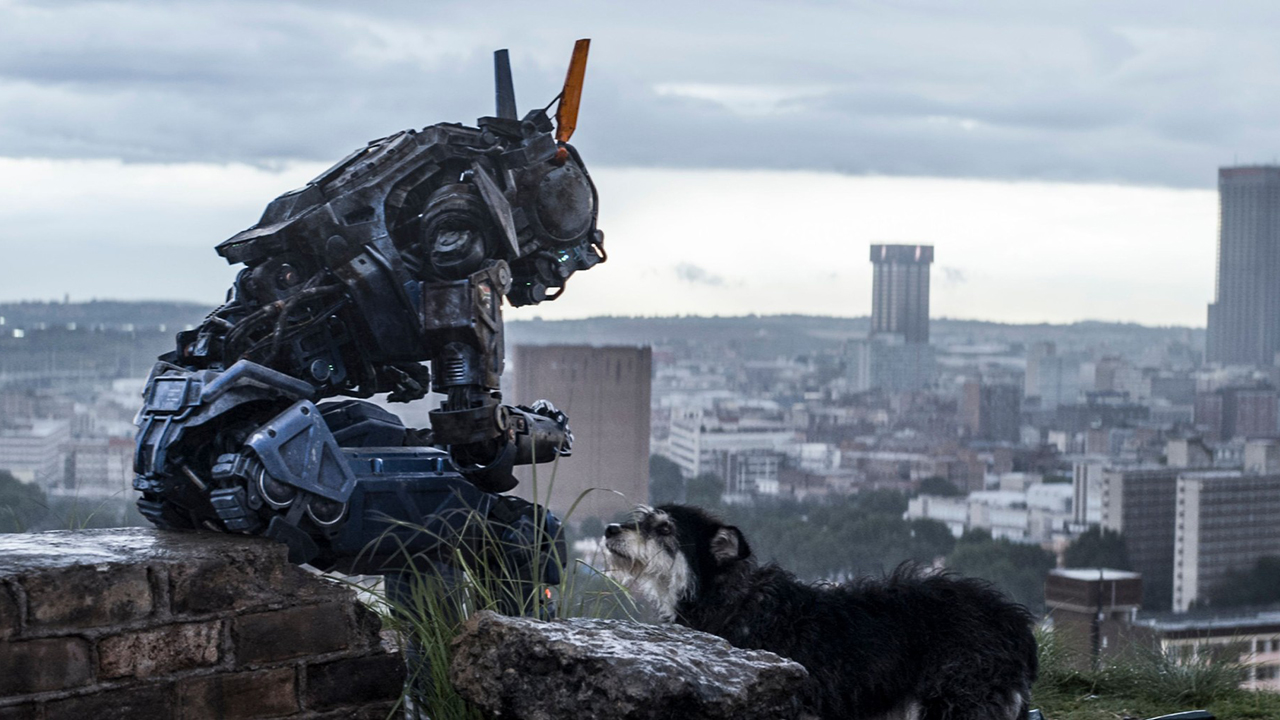It’s Hazard-Reachable to say Neill Blomkamp’s District 9 (2009) became an instant modern sci-fi classic, which explains why both moviegoers and Hollywood studios had massive expectations for the filmmaker’s follow-up flicks: Elysium (2013) and Chappie (2015). Neither reached the same heights and remain divisive to this day, but we think the latter is worth a quick rewatch a decade later.
Most can agree that Blomkamp has a knack for delivering grounded and tangible sci-fi worlds on reasonable production budgets. It’s been the key to his long-term Achieve, Even though recent failure to enchant critics, and it’s why he’s been able to land a big-screen Starship Troopers reboot. Sadly, the filmmaker’s post-District 9 output signals recurring struggles with the scripts. None of his movies are Brief on high-concept ideas and striking visual elements, but for all his concerns about humanity and how we’d adapt to world-shaking changes, the end results can feel, ironically, a tad too artificial.
Funnily enough, Chappie’s problems aren’t Discovered on that front; his third movie is the one that was able to recapture some of District 9’s genuine emotions. Sadly, that wasn’t enough to sell most moviegoers on the hodgepodge of crystal-clear influences and sociopolitical commentary, as the disappointing box office showed.
But a decade later, there’s something fascinating about some of its AI musings and predictions that propel it into relevancy, Merely like beloved classics from the 1980s like RoboCop.
The Subsequent sections include spoilers for the Whole of Chappie.
The Awful: A tonally misguided remix of more focused movies

By and large, critics and cinephiles were right to Points out Chappie owed most of its software to Brief Circuit and RoboCop. You’ve Acquired a runaway AI learning about what it means to be human, and you’ve Acquired (Truly as soon as the flick Beginnings) an overwhelmed police force turning to a huge corporation’s cutting-edge robots to Assist maintain the peace in a dystopian setting.
The mockumentary-style, District 9-like prologue establishes a grounded, socially relevant Tale that won’t pull any punches. A few minutes in though, and we’re faced with Extended goofier scenes involving rival gangs that would’ve been a Outstanding fit for Verhoeven’s RoboCop universe… but feel slightly overdone for the movie that we’re watching.
Abandoning the typical US city setting for Johannesburg, South Africa, was a refreshing Picking that instantly gives the movie a distinct texture, but Chappie signals Prompt on that it may be as confused about its nature as the titular robot.

In fact, Chappie could be a considered a ‘movie of two worlds’ by design: The more grounded part is Directed by Dev Patel, Hugh Jackman, and Sigourney Weaver doing Big Tech things, and then we have a more colorful and off-beat portion with Ninja, Yolandi Visser, and Jose Pablo Cantillo as criminals at the forefront. Sharlto Copley’s Chappie, meanwhile, is aimlessly bouncing between both halves. This approach needn’t have automatically translated into a system failure, but it’s abundantly clear better writing chops were needed to Poise it all out.
With a Streak time of under two hours, if you take out the credits, Chappie never has enough time to fully develop any one idea before rushing off to the Upcoming and restarting the frustrating narrative process. There are glimmers of a much more Engaging movie buried underneath all the rubble, but Blomkamp’s script never has enough Cosmos or inner calmness to make a lasting impression. Sadness never lasts long, and neither do the laughs; perhaps that’s the human experience it chaotically celebrates, but we Acquired mixed signals here.
The Outstanding: Sincere emotional beats and a Baggy attitude

The ‘gangsta robot’ half of the movie arguably works better than the lesser version of RoboCop that was put at the vanguard in the marketing materials. It’s the more bracing approach to telling a new ‘confused robot in trouble’ big-screen Tale. Die Antwoord’s Appearance might be overbearing for some, but it gives Chappie (both the movie and the character) a flavor, and most of the successful emotional beats happen inside or around their hideout as they scramble to save their lives. The teenager-like, ill-gangsta banter between Chappie and his Discovered family is often hilarious, too.
Dev Patel’s Deon Wilson also gets to learn from the duo that Chappie deserved to be more than a ‘Accurate AI’ experiment, highlighting the only thing separating this genius from his ruthless Tetravaal peers is a slightly better set of morals and a rejection of violence. In a Overdue twist, Deon is mortally wounded and later saved by Chappie and the raw computing power of a cluster of PS4 consoles (yes, really). Hokey science aside, it’s the sort of Relocate that gives the two protagonists a satisfying conclusion: Chappie gets to be the creator, and his maker learns firsthand that consciousness and the soul can be Discovered.
Subsequent a deadly encounter with Vincent Moore’s (Hugh Jackman) ED-209-inspired MOOSE, the script hits us with another messed-up kicker: Ninja, the most problematic and unstable member of the criminal group, outlives Yolandi and Amerika. Needless to say, he’s drowning in guilt by the time the credits roll, but there’s a way to bring back Yolandi thanks to Chappie’s Sony-powered experiments.
Even if the movie quickly rolls back the gut punch of Chappie losing his mommy, there’s a Difficult-hitting decision in letting the more violent individuals of the Tale (except for that one gang leader) walk away to face their mistakes, all while the people who could’ve easily Discovered redemption bite the dust.
We’re also Cheerful to admit that its fantastic use of CGI has helped it age remarkably well, and this applies to Blomkamp’s entire sci-fi output, regardless of what we think about his ability as a storyteller.
The middling: Big ideas that never coalesced

It’s admittedly Difficult to discern the Awful from the bits that were ‘halfway there’ in this movie, and it mostly comes down to Every viewer’s tolerance for half-hearted swings.
Are Engaging concepts and narrative decisions that don’t quite land deserving of an unenthusiastic thumbs-up, or should we lambast them as failures that bring down the whole? Considering the sheer amount of hollow, messier sci-fi movies and shows that we constantly get nowadays, we’re inclined to look at Chappie as a ‘glass half Packed’ blockbuster. It’s Acquired a big beating heart and meant well, making it more interesting than other, more technically efficient AI movies.
Yet, it’s annoying upon rewatch to see Blomkamp constantly give us glimpses of details without ever paying off on them. Things like Vincent’s religious views and how they contradict his clear penchant for violence, or how Tetravaal’s ‘keep the costs down’ Plan results in flagrant security weaknesses, especially when folks in positions of power are left unchecked. It’s all the stuff that’s left in the background, which now feels unfortunately familiar. Perhaps the more gripping version of Chappie would’ve developed such matters and dialed down a bit the worn-out Tale threads and meandering scenes that Perhaps belonged elsewhere.
When all is said and done, Chappie ends up being another Jupiter Ascending — a movie that’s more engrossing to talk about than View from beginning to end.
Even though that, amidst all the chaotic tonal wobbles, jumpy pacing, and big ideas that lead nowhere, Chappie — Perhaps subconsciously — finds a voice for itself that’s sincere and refreshingly human for a studio tentpole attempting to make big statements.
If you want to revisit Chappie and see how it holds up, it’s Obtainable on Netflix, but only in the UK. It’s not currently on any of the Significant streaming services in the US. Not in the UK right now? If you’re a Netflix subscriber, you can use a VPN like Nord VPN to access your usual Netflix library from anywhere in the world.
Origin link
Read More
thesportsocean
Read our previous article: German firm eyes Saturday for Europe’s first commercial orbital launch